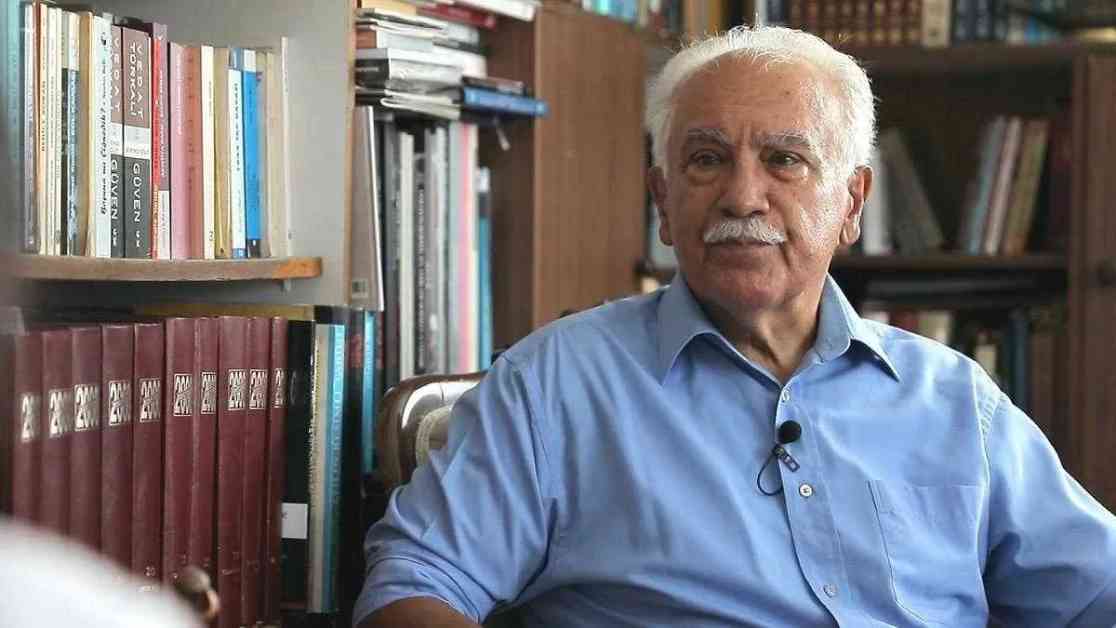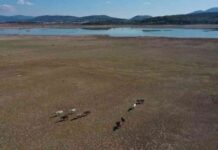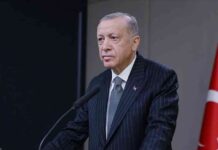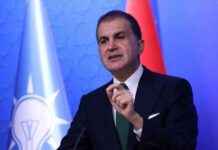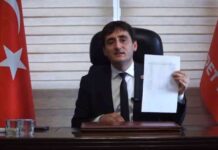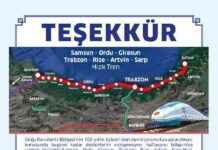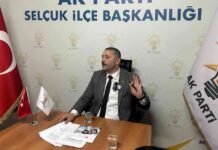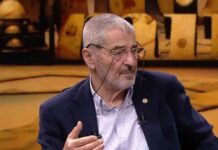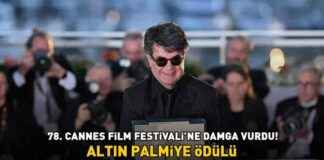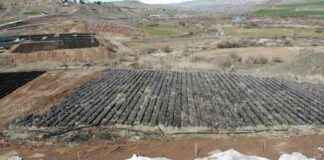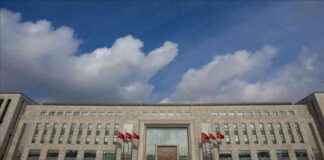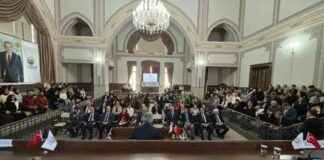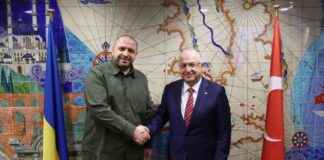Perinçek Under Investigation for Praising Assad Regime
In a shocking turn of events, Istanbul Chief Public Prosecutor’s Office has initiated an investigation into the leader of the Vatan Party, Doğu Perinçek. The investigation stems from comments made during a live broadcast where Perinçek referred to the Syrian National Army operating in Syria as terrorists and praised the Bashar al-Assad regime. These statements were deemed to be in direct contradiction to the state’s general national security policy, prompting the launch of a formal inquiry.
Potential Legal Ramifications
The implications of Perinçek’s remarks are significant, as they raise questions about the alignment of his political stance with the country’s official foreign policy. By publicly expressing support for the Assad regime, Perinçek may have inadvertently jeopardized diplomatic relations and national security interests. The investigation will delve into the legality and consequences of such statements, shedding light on the boundaries of freedom of speech in the context of national security.
Political Fallout and Public Reaction
As news of the investigation spreads, political analysts are weighing in on the potential repercussions for Perinçek and the Vatan Party. The incident has sparked a debate on the boundaries of political discourse and the responsibilities of public figures in shaping public opinion. Citizens are divided in their reactions, with some supporting Perinçek’s right to express his views freely, while others question the wisdom of openly endorsing a regime with a controversial human rights record.
Looking Ahead: Legal Process and Public Discourse
As the investigation unfolds, all eyes are on the legal process and its implications for freedom of speech and national security in Turkey. The case has underscored the delicate balance between political expression and state interests, prompting a reevaluation of the boundaries of public discourse. Regardless of the outcome, the Perinçek investigation is sure to leave a lasting impact on the political landscape and public debate in the country.
Through this investigation, a critical discussion emerges about the intersection of personal beliefs, political rhetoric, and national security interests. How can individuals navigate the complexities of expressing their views while upholding the principles of state policy and diplomatic relations? As citizens engage in dialogue about the implications of Perinçek’s statements, the case serves as a reminder of the nuanced dynamics at play in the realm of public discourse.

